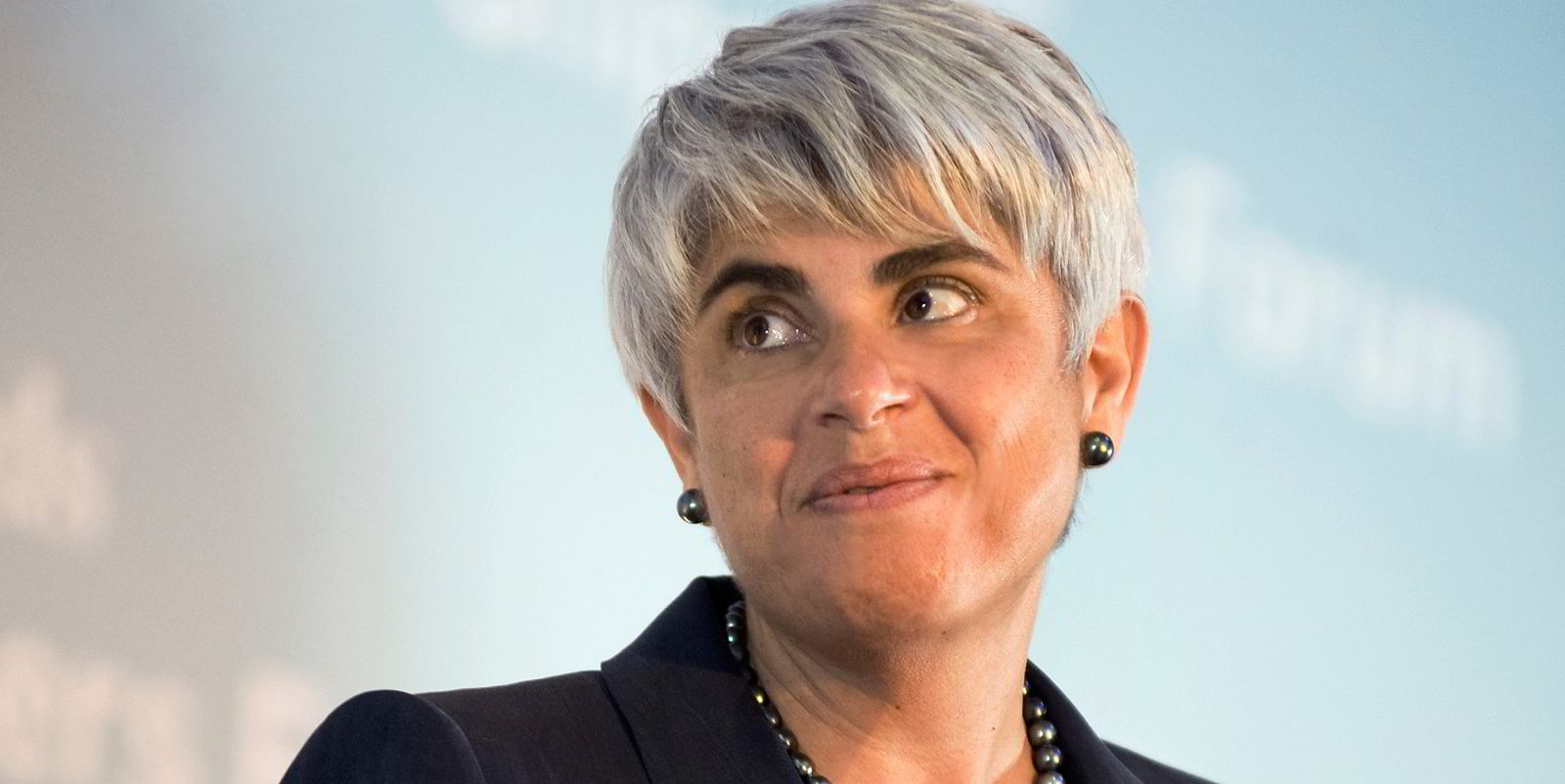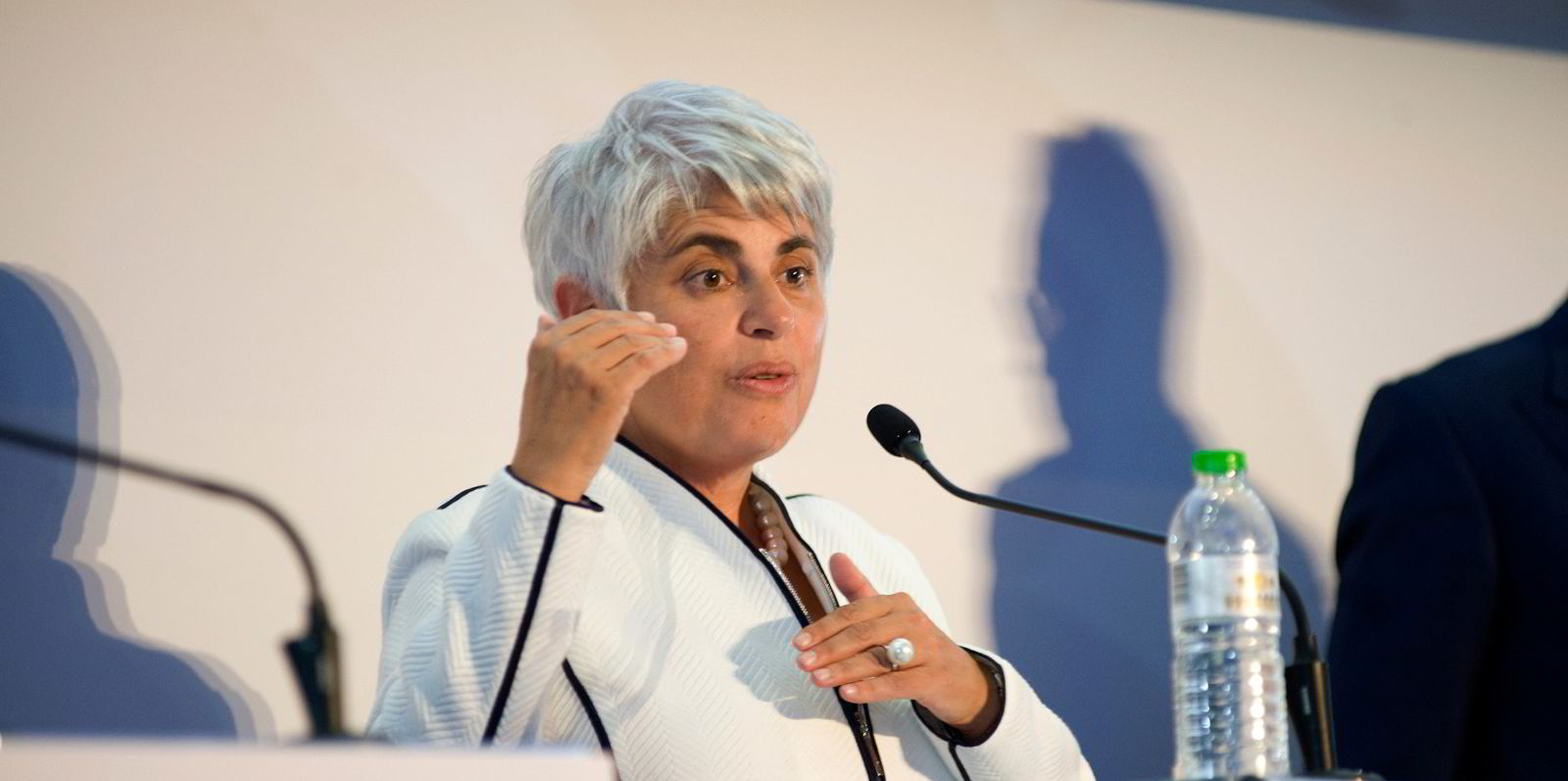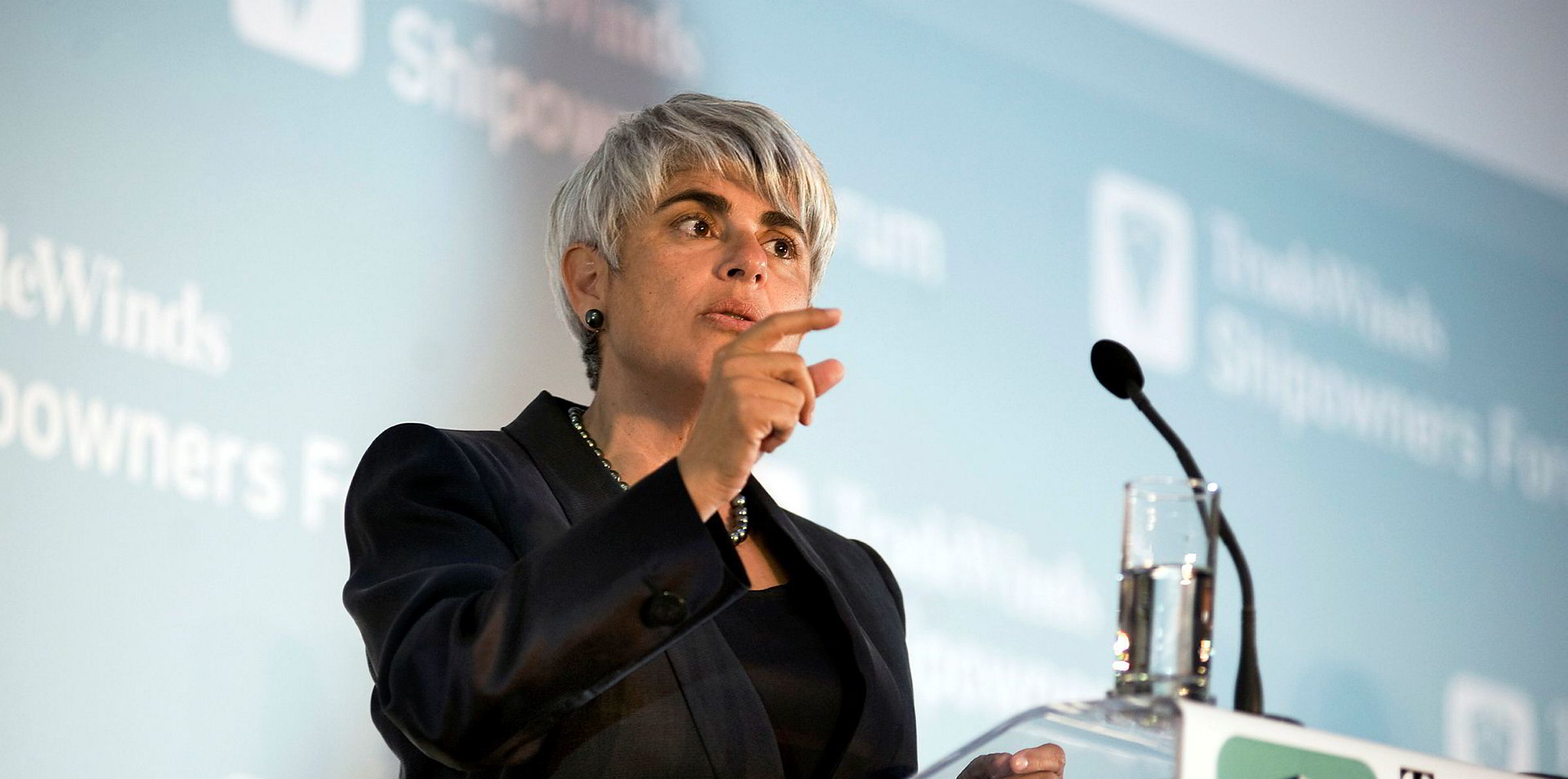Public markets candidate Navios South American Logistics is tempting potential investors with an expansion of its business beyond a customer base focused on Brazilian miner Vale.
Navios Logistics, now with Navios veteran Ted Petrone as president, hopes a Uruguayan market liberalisation will allow it to build new facilities to serve several countries from its base at Nueva Palmira, as Uruguay opens up fuel imports to private players.
The fuel import business, revealed in a securities filing, would be a new line for the Navios Maritime Holdings subsidiary, whose current operations include grain, ore and domestic fuel terminals, as well as a large tug and barge fleet on South America's Hidrovia waterway and an eight-ship cabotage tanker fleet.
Potential other new business, including agricultural exports to China and ore and pulp deals, would allow Navios Logistics to expand its fleet and onshore operations.
The Navios group has sent in new central management team members ahead of a planned initial public offering, which will involve listing on the Nasdaq and Sao Paulo stock exchanges.
Last July, Navios installed Petrone as Navios Logistics president. He brought along Jeremy Bryan in a business development role.
Bryan, a Cargill veteran who was head of global dry bulk trading in Geneva, was recruited to Navios Holdings in 2019 as chief operating officer. His former company, already a Navios Logistics customer on the grain side, has now signed an ore transshipment deal as well.
Navios Logistics' fleet consists of 338 tugs and dry, wet and gas barges, plus eight small Argentina and Uruguay-flag tankers in cabotage trades.
Navios Logistics and its corporate predecessors have been in the grain terminal business at Nueva Palmira since 1955 before merging in 2008 with the Lopez family-controlled Compania Naviera Horamar, which operated on the wet side as well as in dry bulk river transportation.
Three members of Argentina's Lopez family own minority shareholder Sinimalec. Claudio Pablo Lopez is Navios Logistics' chief executive, while brother Carlos Augusto Lopez is chief commercial officer. A third brother, Horacio Enrique Lopez, serves as chief operating officer.
Its original Nueva Palmira grain terminal, currently with annual throughput capacity of 8m tonnes, has been overshadowed by a 10m-tonne ore terminal built nearby in 2017 to order for Vale. At San Antonio in Paraguay, the company operates a liquid terminal.
Navios Logistics said a liquid facility planned at Nueva Palmira "will service the market for storage and sale of fuel products in Uruguay, and the storage and transshipment of fuel products for export to other countries via the Hidrovia waterway".
The Uruguayan government has not yet given the go-ahead, but Navios Logistics will start with related plans that do not need special permission.
"Before commencement of operations of the new liquid terminal, we intend to start liquid operations in the area by selling liquid products within the Nueva Palmira Free Zone, which does not require any change in local regulation," the company wrote.
Some 58.7% of Navios Logistics revenue last year came from just five customers, led by Vale (31.8%).
Even before the ore facility came online in 2017, Navios Logistics was feeling the exposure to Vale as its largest customer, and in 2016 took the miner to London arbitration to prevent it from backing out of the deal. It was ultimately successful.
Diversifying
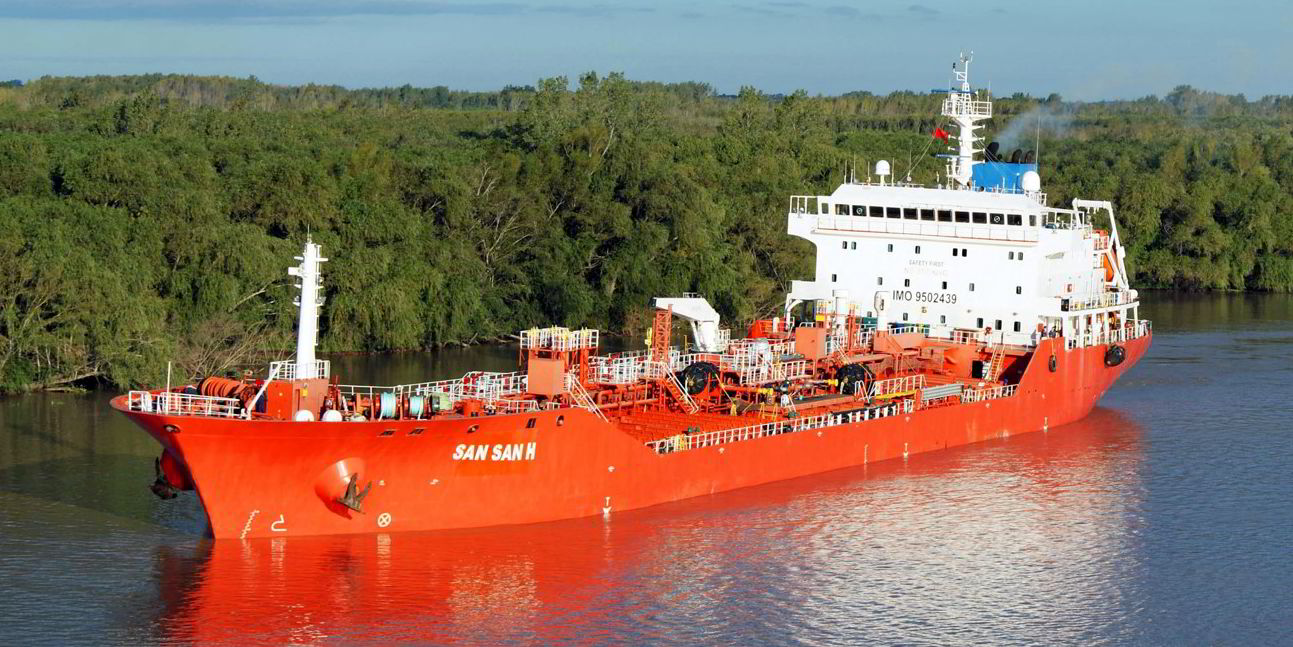
"[If] Vale were to further repudiate or renounce the contract, we may elect to terminate the contract and be entitled to damages," Navios Logistics reminded investors in its fresh filing.
"Any litigation or arbitration proceeding would be costly and time consuming and may result in the deterioration of our commercial relationships with Vale."
In 2019, Navios Logistics was one of the companies with most direct exposure to the catastrophic Corrego do Feijao iron ore mine tailings dam disaster that idled much of Vale's production capacity.
But Navios Logistics' listing documents contemplate a diversifying and expanded list of customers.
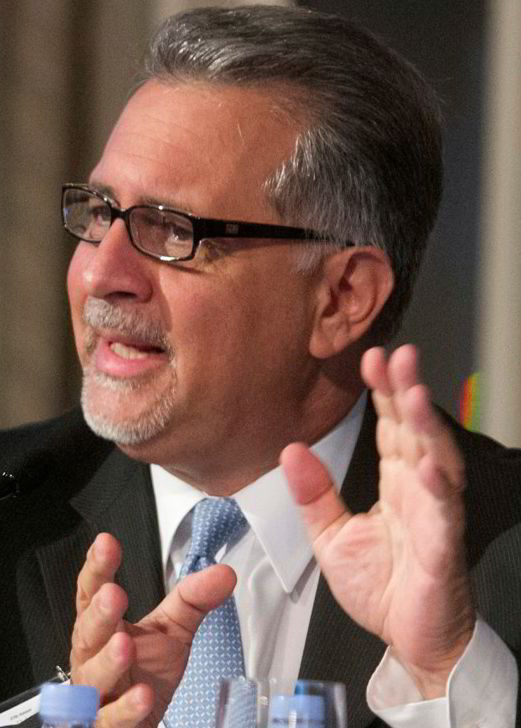
China's Xiamen C&D has signed up for soy exports from Brazil through Navios Logistics' facilities, and Chinese state grain importer Cofco has begun spot business and started talks in February for a long-term deal. Cargill signed up last year for an ore transshipment contract from Brazil's Vectorial. Vale has also announced an expansion of ore volumes for 2021.
Exclusive deals
Meanwhile, Navios Logistics is negotiating large exclusive logistics deals with ECB Group for biofuel exports from Paraguay and Paracel for inbound and outbound business for its Paraguay pulp mill.
BofA Securities hopes to place the shares on the Nasdaq in New York, with a parallel offering in Sao Paolo through Brazilian depository receipts.
Navios Logistics’ two owners, Navios Maritime Holdings and private Uruguayan company Sinimalec, also offer to sell down their stakes.
Angeliki Frangou-led Navios Maritime Holdings owns 63.8% of Navios Logistics and the Lopez family-controlled Sinimalec holds 36.2%.
